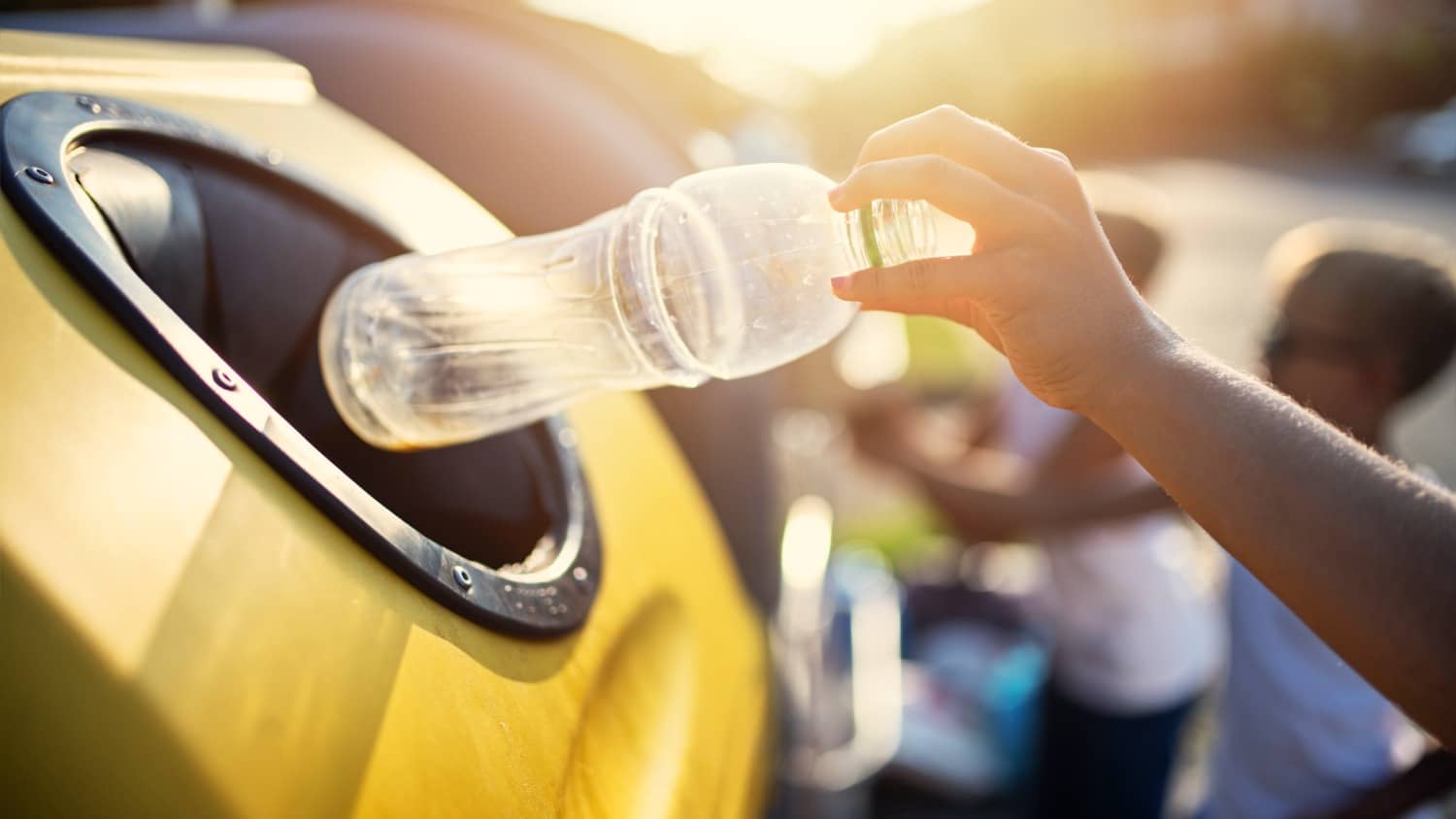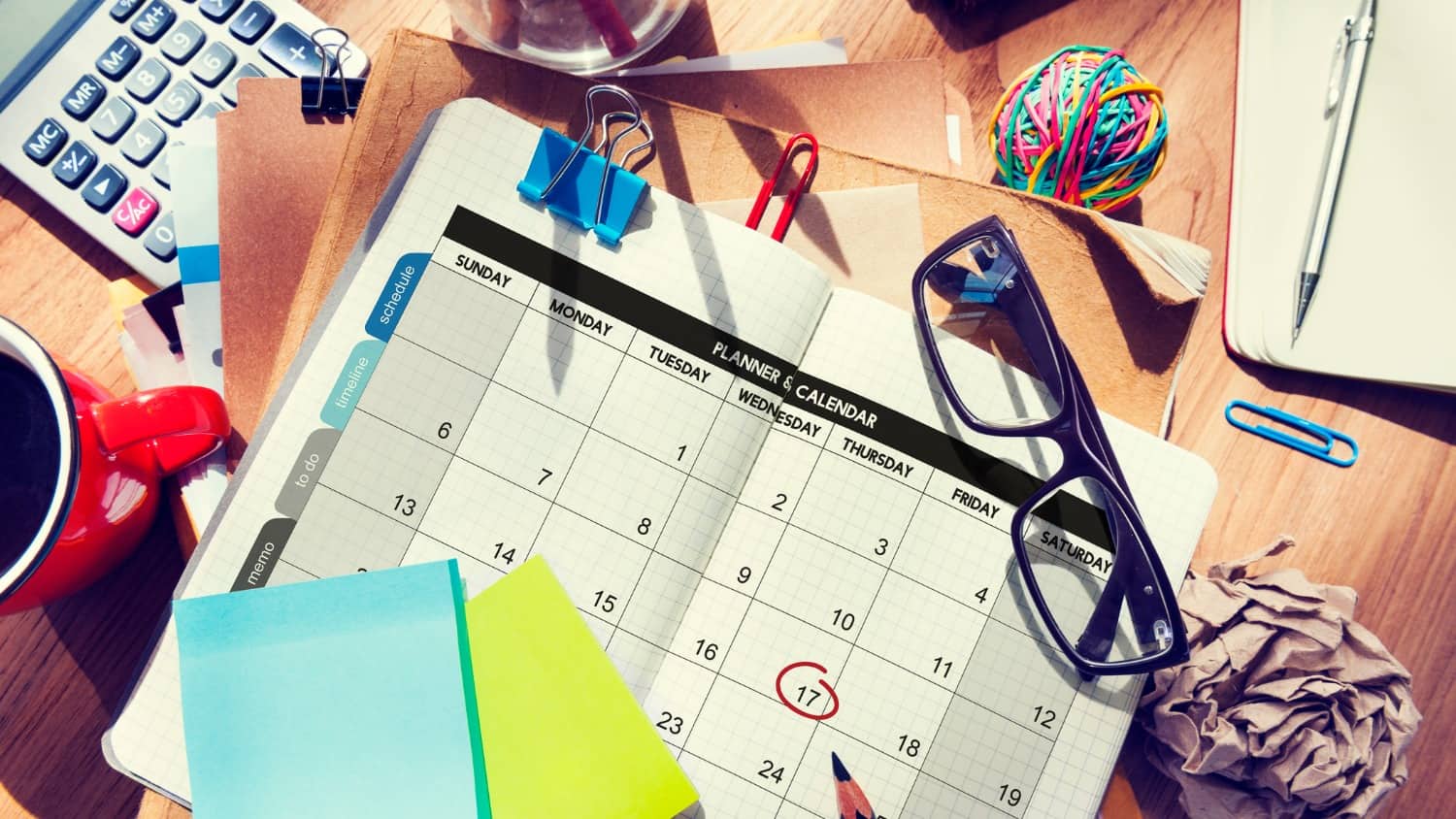
Recycling Regrets – Was It All an Advertising Program?
How gullible can this consumer be? I’ve been hearing and seeing bits and pieces of reports recently that recycling of plastics really has not been, nor was intended to be, fully implemented. And further, that the industry knew it would be infeasible but advertised us into believing.
It’s been almost 4 years since this article from National Public Radio left me disappointed and feeling like I have been duped. How many times have I squinted at that triangle on the bottom of plastic packaging? Is that a #4 or a #5? Does it go in the recycling or the main trash stream?
Were We Duped with Recycling?
Turns out, it may not matter. While over the last 30 years or so, I was removing labels from pill bottles, carefully rinsing out plastic containers, teaching my children the importance of placing items in the correct waste receptacle, were they really all headed for the landfill anyway?
According to this article, we hopeful consumers, wanted to believe we could buy as much plastic as we wanted because it could all be recycled. All the feel good advertising was quite believable.
When the industry began their advertising campaign promoting the benefits of plastic, we (or at least I) hopefully went along without question. While promoting those benefits, the article says:
“At the same time, the industry launched a number of feel-good projects, telling the public to recycle plastic. It funded sorting machines, recycling centers, nonprofits, even expensive benches outside grocery stores made out of plastic bags.”
Few of those feel-good projects “actually turned much plastic into new things.”
So many of us bought into what seems now part-myth, while the industry knew that recycling plastic would never be as economical, or as enriching financially, since new oil is cheaper and easier to use.
One of the first things that came to mind as I read that article and other sources is memories of the advertising campaigns of cigarette manufacturers telling us there was no harm in smoking. While we may have had our suspicions, we really wanted to believe it.
Now, these years later, in a similar way I am feeling really gullible. If I was taken in, then it is my responsibility to break the habits I was lulled into.
How to Change Habitual Use
I don’t have a specific answer to the question of how to break away from the use of plastics, but I have some ideas and will be exploring them.
My first plan of action is to call our waste hauler and find out how much of our recycling leaves their facility for reuse and how much goes to the landfill. Depending on the answers, this is likely to take some work.
Where to Begin?
Determine what products I buy most frequently.
The main culprits: I love yogurt and a number of plastic containers find their way to my recycling box each week. Second, a prescription bottle or two and of course, various vitamin bottles. A close third would be paper milk and cream containers with a plastic coating,
Next Steps
Explore the alternatives to purchasing those products in packaging other than plastic.
For yogurt containers and vitamin and prescription bottles, this will take a bit of research so I will be doing some digging. My grocery does offer milk from a dairy that is in returnable glass bottles, so that is a strong possibility.
The fortunate thing is that we have farmer’s markets to rely on, and there may be other food storage options I haven’t explored.
Finally, Time and Inconvenience
How much of both – and I might also need to add skill – am I willing and able to expend?
The research I don’t mind. That is a challenge that I enjoy. I think the replacement for the plastic yogurt and similar containers may be a bit trickier. I do have a friend whose family made their own yogurt as she grew up. I’m told it isn’t difficult and actually quite economical.
On the other hand, I’m one of those people who flunked out of the sourdough bread starter thing during the darkest days of the pandemic, so I may not be making my own yogurt. We’ll see.
So, there is a plan from this disgruntled and disappointed plastics recycler.
Let’s Have a Conversation:
What are your thoughts on the current state of plastics recycling? Do you have alternatives to suggest?
Tags Inspiration







I am only able to put PET and #2 into the recycling in Switzerland. However, the household refuse we put out here is incinerated and used as energy. We have to buy special bags for refuse, the cost is the tax for having it collected twice a week. Refuse is also emptied out randomly at the depot and sorted through for things that should not be in there (clothing items for example, or even things like PET). If there is anything to identify you like an envelope with a name and address you get fined by the Cantonal Government, about 100f.
I used to think clothing and shoes made from recycled plastic was a good idea, then I found out once it’s turned into this items it can’t be recycled again.
Most supermarkets and clothing stores sell strong recycled paper carrier bags for 30 cents. I use them for tidying paper recycling into for collection and taking unwanted clothing to the Red Cross thrift shop.
I’m with Margaret on the time & energy part! I also drink soy milk – simply not found in glass containers! And what about the kitty litter box? I use produce plastic bags to clean out the litter box. Nearly everything comes in plastic. I think we need to start with manufacturers.
Mary Lou, you’re not alone in having been duped and feeling dismay in spite of your goodwill to “do the right thing.” As much as possible, I try to store my food and other items in glass containers. So much of what we purchase is in a glass jar — so this is a great way to reuse it. Also, to get around purchasing laundry detergent in those enormous plastic containers — there’s a whole new technology in laundry detergent sheets, made in the USA, and positively reviewed. You’re headed in the right direction to find a vendor at the farmers market who sells yogurt in returnable glass containers. That’s been the practice in Switzerland for years.
Hi, Viktoria – I have been using the laundry detergent sheets at home and when traveling. I even stuck some packets in gifts bags for relative over the holidays.
All well and good but I have neither time nor energy to make my own yogurt etc just to avoid sending a plastic container to a landfill. You have to take into account the availability of ALL resources. In my case time and energy are the most limited resources, so anything that conserves those gets my vote.
Consumer Reports recently published an article reporting on the alarming amount of plastic that gets into the foods we eat simply by being stored or packaged in plastic containers. Their recommendation is to transition to storing foods in glass containers. I am trying to transition to this but what to do with the all the plastic containers I own? What about all the hype that came out a few years ago about BPA free plastic being so much safer? Does that still stand? Safer in what way? I like the idea of making my own yogurt and may give it a try.
What to do with all the plastic containers? You could donate them to charity shops that might be able to use them as receptacles of odds and ends in their displays. It sure does take an imagination to know how to repurpose these things!
If I may chime in, I make my own yogurt and it’s not at all difficult. I buy the raw milk from a local farmer and use local yeast cultures. The result is fantastic, so much cheaper and delicious!
As to how to reuse plastic containers, one way is as pots for plants, though it depends on the size. There are some videos on YouTube if you have the time to browse about.
Please share how to make the yogurt:)